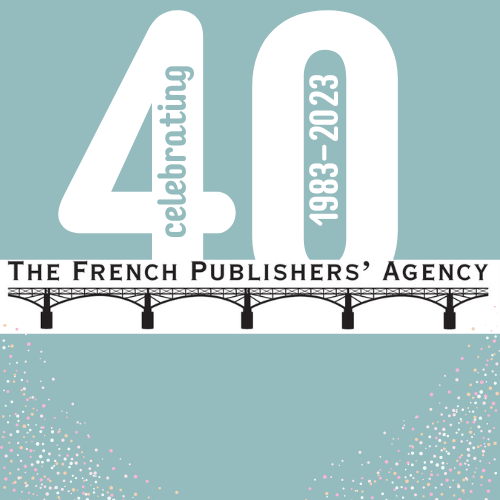high waters: a journey to the edges of life
Nathalie A. Cabrol
(Seuil, 416 pages, 2021)
***FULL TRANSLATION AVAILABLE UPON REQUEST***
In her memoir, astrobiologist Nathalie A. Cabrol brilliantly sheds light on the challenging scientific expeditions she has undertaken. A luminary in planetary and environmental science, Cabrol emphasizes life beyond Earth in her research. Through letters, expedition diaries, and photographs, she takes along on her bumpy ride to becoming a world-renowned female scientist.
Cabrol may have explored the world, but this book is an odyssey of self-discovery. In her first-person narrative full of anecdotes, we get to know Cabrol differently, intimately. She opens up about her vocation of studying planets and stars, about what brought her to work in science, and also about her difficult relationship with her father and her hard time at school as a gifted but solitary child.
She then details all the scientific research she took part in. In 1998, she participated in the deployment of the trailblazing NASA Nomad rover through the Atacama Desert—the longest cross-country trek ever made by an unmanned robot—over a barren rocky terrain analogous to that found on Mars. As Principal Investigator of the NASA Astrobiology Institute, she led high-altitude exploration research in the Licancabur volcanic lake, a geologically treacherous zone where she sought microbes with the ability to survive harsh conditions and tried to grasp the impact of climate change on their habitability. High Waters offers an inspiring perspective: It is on our very own planet Earth that Cabrol looks for conditions for life on other planets.
As her expeditions go by, she addresses questions like, What is life? or Can there be life on other planets? Cabrol strongly believes that we need to broaden humanity’s definition of the “quest for life.” She has faith that the answers lie in other, underestimated fields, such as philosophy or epistemology. Vertiginous and exhilarating, Cabrol’s book advocates for a better understanding of our world.
Nathalie A. Cabrol is a French astrobiologist and Director of the SETI Institute Carl Sagan Center in Mountain View, California. Her research focuses on planetary geology and habitability. She has conducted numerous expeditions in hostile environments and had her work presented in hundreds of peer-reviewed publications. In 2020, she delivered a speech at the United Nations Headquarters in New York on the International Day of Women and Girls in Science. Documenting her expedition in the Andes, she was the subject of a major profile in 2018, “In Her Orbit: Nathalie Cabrol Searches the Earth for the Secrets of Life on Mars,” published in the New York Times Magazine.

